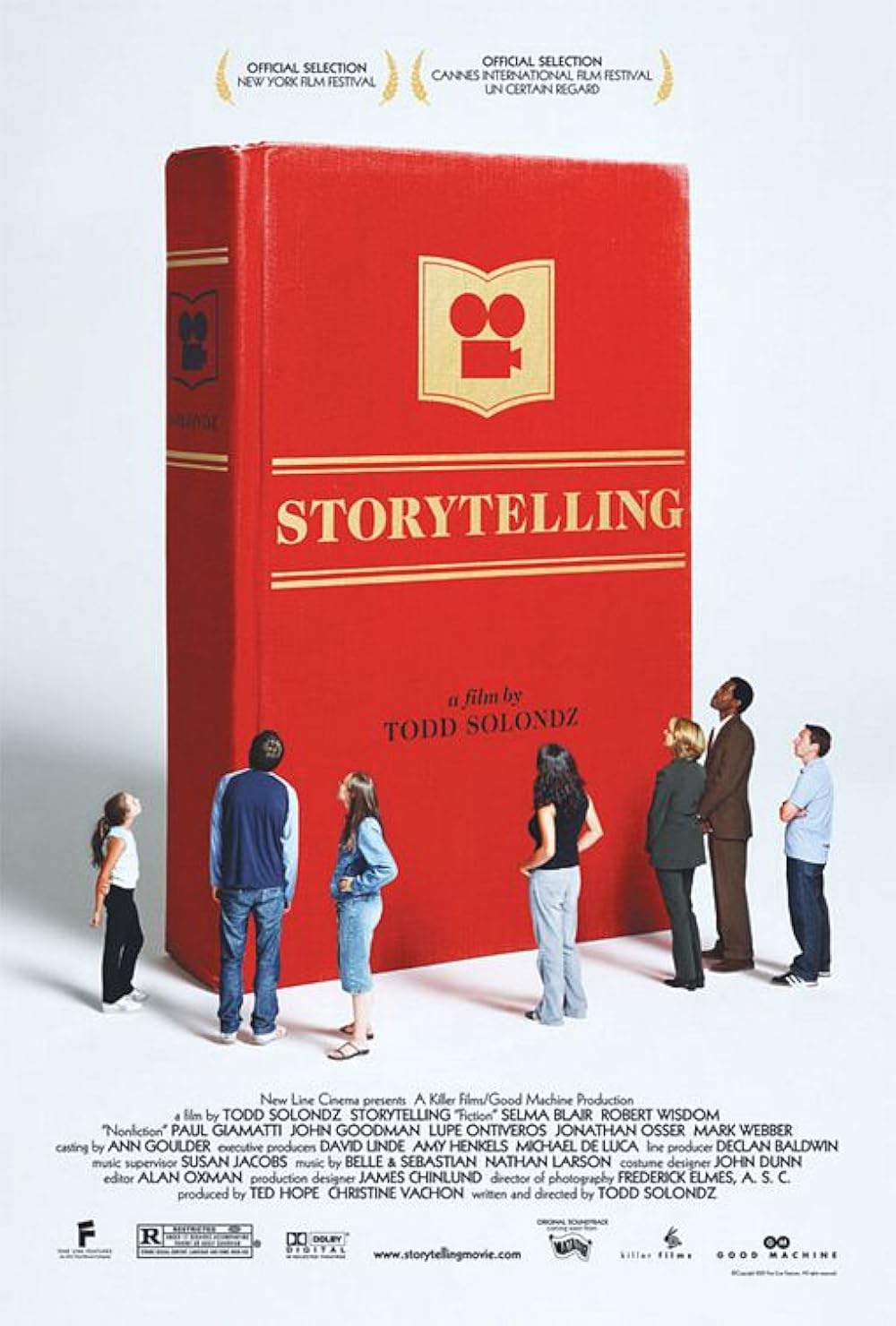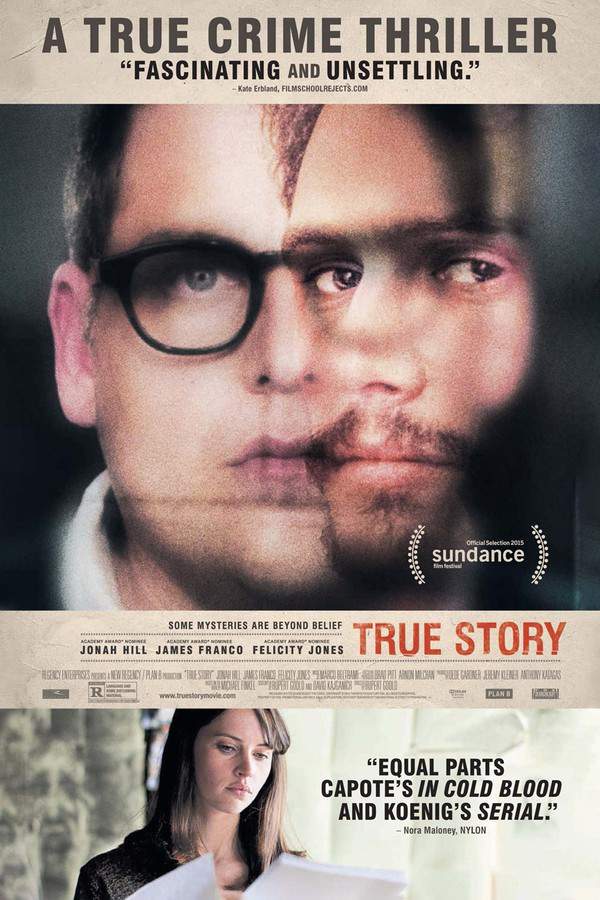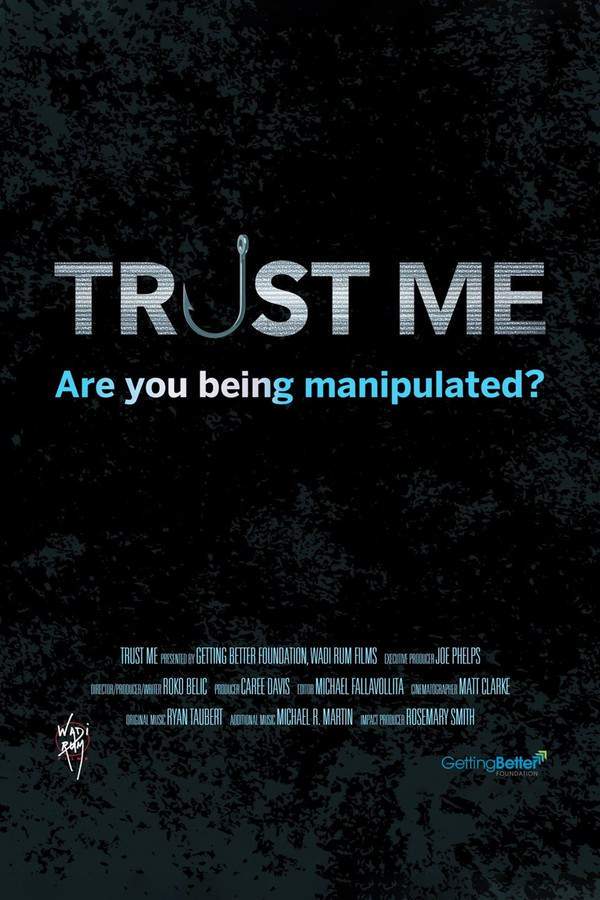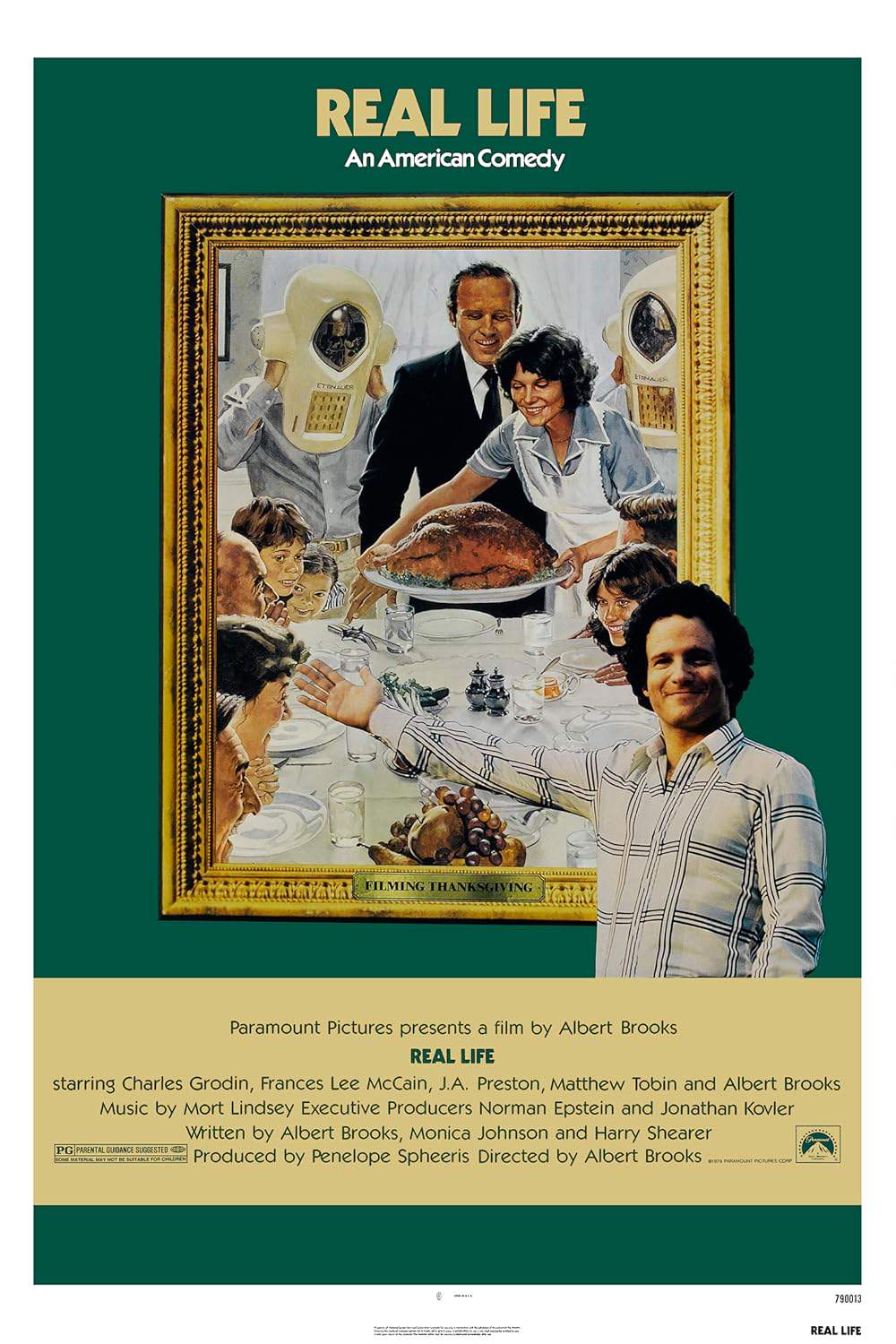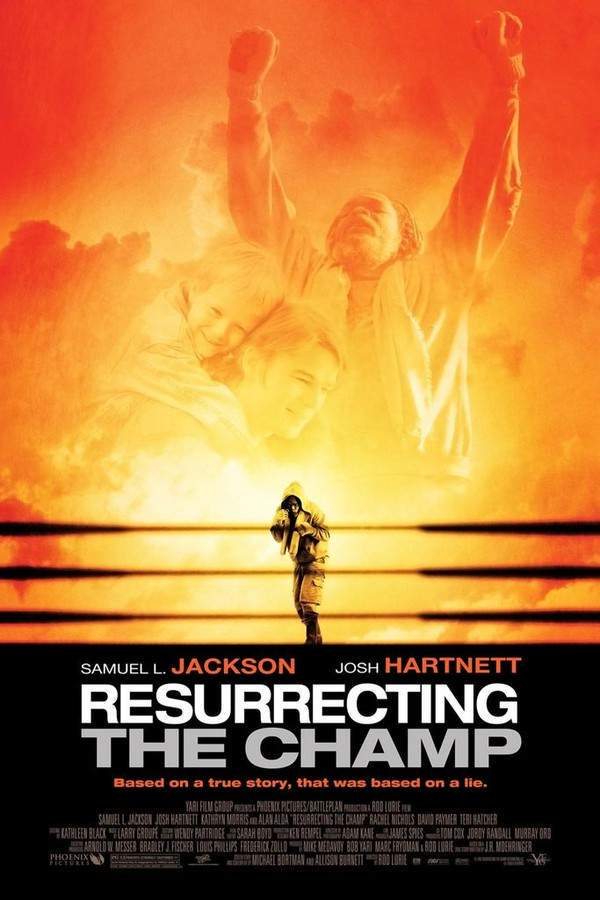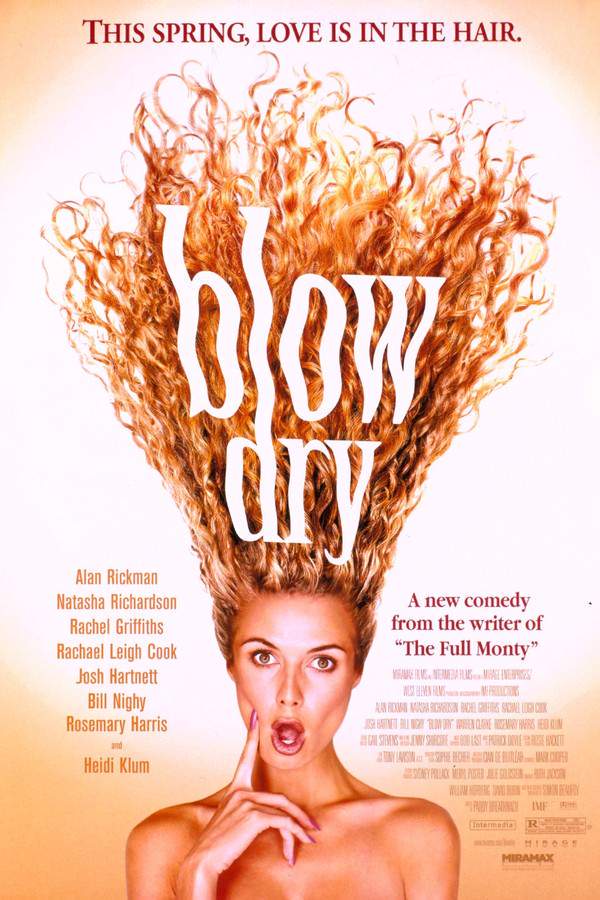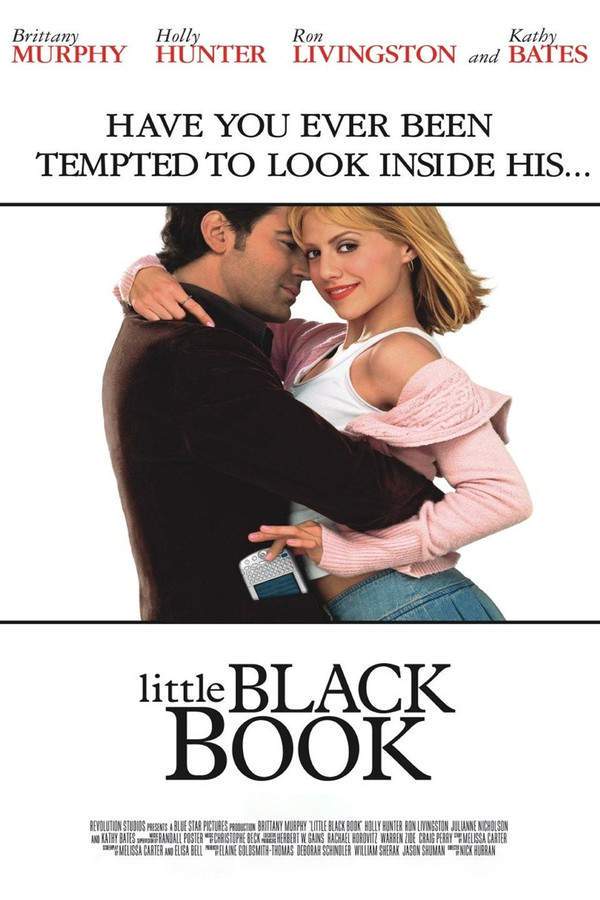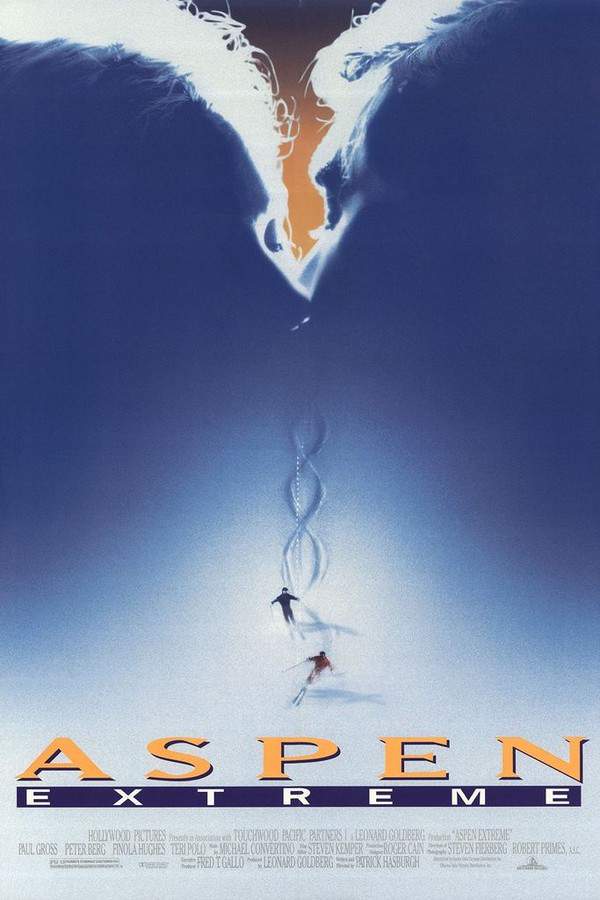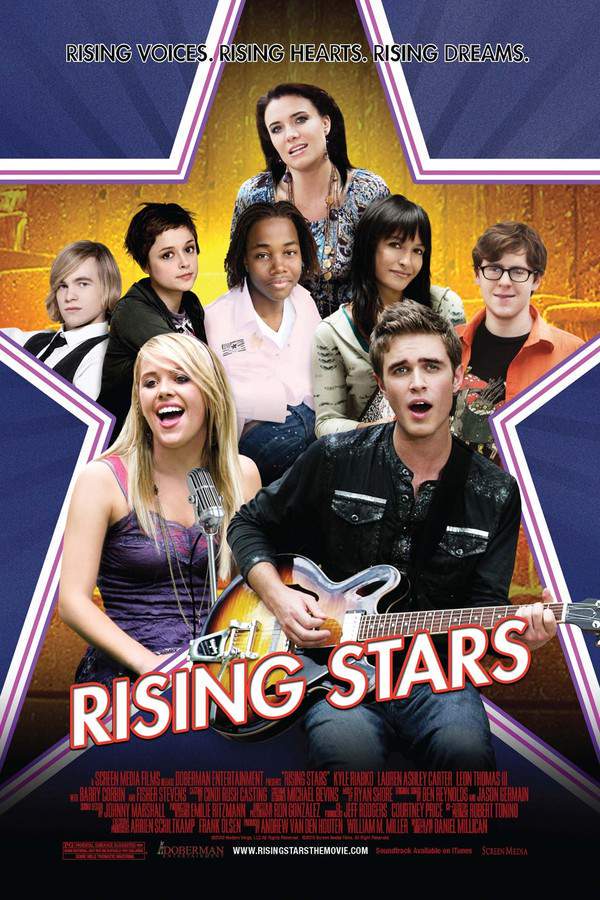
Keep Smiling
Year: 2013
Runtime: 91 mins
Language: Georgian
Director: Rusudan Chkonia
Ten women, many from impoverished backgrounds, compete fiercely in a beauty contest specifically for mothers with more than three children. The stakes are high; the winner receives an apartment and a significant cash prize of $25,000, offering a chance at a better life.
Warning: spoilers below!
Haven’t seen Keep Smiling yet? This summary contains major spoilers. Bookmark the page, watch the movie, and come back for the full breakdown. If you're ready, scroll on and relive the story!
Keep Smiling (2013) – Full Plot Summary & Ending Explained
Read the complete plot breakdown of Keep Smiling (2013), including all key story events, major twists, and the ending explained in detail. Discover what really happened—and what it all means.
A group of ten women from very different backgrounds enters the televised Georgian Mothers Contest, a program that blends a beauty pageant with a talent round, cooking segments, and even a bikini showcase. The show promises glamour, but beneath the glitter lies a manufactured spectacle built to entertain an eager audience and to feed the ratings machine.
Five of the contestants are living in virtual poverty and are driven by the prize: USD$25,000 and a family apartment that could change everything for them. Elene Gabisonia [Olga Legrand] has spent years in and out of a hospital with her family, and the chance to win offers a long-awaited path to freedom. Inga Toloraia [Nana Shonia] and Gvantsa Korinteli [Ia Sukhitashvili] are feuding neighbors, each carrying the weight of personal hardships and desperate hopes to escape their current surroundings. For Gvantsa, the contest is also a shot at reviving a faltering violinist career and leaving behind the gossip of a painful past. The tension between Inga and Gvantsa is only intensified when a mutual friend links their fates in ways that complicate rivalries even further, turning alliances into precarious bargaining chips.
Baya Danelia [Shorena Begashvili] stands out as the most glamorous — and most dubious — entry. She lives in luxury with her adopted children and participates with an air of skepticism, almost detached from the prize itself. Lizi [Lela Metreveli] glides through the process reluctantly, her mother pushing her into the limelight with a determined, almost forceful enthusiasm. Lizi’s mother [Iya Ninidze] is a constant presence, shaping the path their family will take as the cameras roll and the audience watches every tremor of doubt and every spark of ambition.
The contest’s backbone is its cold, controlling director Otar [Gia Roinishvili], whose ruthless need for ratings drives every decision behind the scenes. He wields power with a practiced hand, bullying and humiliating anyone who steps out of line, and he is quick to exploit any weakness for the sake of a louder, more sensational broadcast. The show’s machinery also leans on tragedy: tales of war and poverty are woven into the entertainment, fed to the audience as if real hardship were simply another prop in a carefully constructed drama. Paparazzi circle the participants, and sexual favors—whether coerced or consensual, the narrative implies—enter the mix as part of the grim currency of reality TV.
Tamuna Sidamonidze [Maka Chichua] navigates the storm with her own motives in play, adding to the web of alliances and antagonisms that grows more tangled as the days count down to the live finale. Anka [Tamar Bziava], another contestant, carries her own stories into the competition, while Piqria Niqabadze remains a quieter presence among the ten, his or her role less defined within the televised spectacle. The show’s structure leans on the audience’s appetite for drama, turning the contestants into living stories that must be consumed in real time.
As the contest moves toward the live grand finale, the veneer of happiness begins to crack. The rehearsed smiles give way to real vulnerabilities, and the pressure of omnipresent cameras magnifies every misstep, every whispered rumor, and every moment of doubt. The glittering surface of the stage masks a growing discomfort and mistrust among the contestants, who realize that the competition is less about talent or resilience and more about control, exploitation, and the cost of televised fame. The director’s insistence on a perfect, consumable narrative pushes everyone toward moments of distress, danger, and confrontation, threatening the very humanity the show claims to celebrate.
In the end, the finale arrives as a spectacle of bright lights and loud cheers, but the mood among the contestants has shifted from hopeful anticipation to wary realism. What was supposed to be a celebration of motherhood, resilience, and community reveals itself as a cautionary tale about the price of fame and the brittle nature of televised affection. The audience roars, unaware of the fragile lines that were crossed in pursuit of ratings, and the contestants walk off the stage having glimpsed a truth far more complicated than the glitter that drew them in.
-
Elene Gabisonia [Olga Legrand] — a central figure whose personal story anchors one strand of the narrative.
-
Gvantsa Korinteli [Ia Sukhitashvili] — a rival with a fraught past, whose ambitions collide with others in the competition.
-
Inga Toloraia [Nana Shonia] — driven by a desire to escape, her feuds complicate the game.
-
Tamuna Sidamonidze [Maka Chichua] — a player whose alliances shift as tensions rise.
-
Baya Danelia [Shorena Begashvili] — the glamorous entrant whose detachment masks a deeper calculation.
-
Lizi [Lela Metreveli] — reluctant to be on stage, pulled into the spotlight by her mother’s determination.
-
Lizi’s mother [Iya Ninidze] — a relentless driver behind the scenes.
-
Otar, Head of the Jury [Gia Roinishvili] — the commanding, sometimes cruel gatekeeper of the show’s rules.
-
Anka [Tamar Bziava] — another contestant with her own complicated backstory.
-
Piqria Niqabadze — a participant whose role is less clearly defined in the televised plot.
This reimagined, character-driven drama uses a familiar reality-TV premise to probe how personal hardship, ambition, and the hunger for approval can be exploited when entertainment becomes the currency of a nation’s gaze.
Last Updated: October 09, 2025 at 16:07
Explore Movie Threads
Discover curated groups of movies connected by mood, themes, and story style. Browse collections built around emotion, atmosphere, and narrative focus to easily find films that match what you feel like watching right now.
Movies about exploitative media like Keep Smiling
Stories that reveal the dark machinery behind staged spectacles and competitions.Find more films like Keep Smiling that critically examine the mechanics of reality television and public spectacles. These movies explore how desperation and ambition are packaged for consumption, offering a cynical look at fame, poverty, and media manipulation in stories similar to this one.
Narrative Summary
Narratives typically follow a structured competition or event, using its framework to introduce participants with high-stakes personal motivations. The plot escalates tensions as the exploitative nature of the system becomes clear, often culminating in a disillusioning outcome for the contestants, exposing the hollowness of the promised prize.
Why These Movies?
Movies are grouped here for their shared focus on the theme of exploitation for entertainment. They possess a dark, cynical tone and a steady, procedural pacing that mirrors the structured events they depict. The emotional journey consistently involves a descent into disillusionment.
Bittersweet competition dramas similar to Keep Smiling
Characters gamble everything on a high-stakes contest, winning a hollow victory.If you liked the high-stakes tension and bittersweet ending of Keep Smiling, explore these movies about desperate characters in cutthroat contests. These films feature gritty stories where winning comes with a heavy price, focusing on poverty, ambition, and the complex cost of success in narratives similar to this one.
Narrative Summary
The narrative pattern involves introducing sympathetic but desperate protagonists who see a competition as their only way out. The story builds steady tension as they navigate the contest's challenges and moral compromises. The climax is not a pure triumph but a victory tinged with loss, revealing the true cost of their ambition.
Why These Movies?
These films share a core structure of a high-stakes competition driving the plot, combined with a consistently dark or bittersweet tone. They explore themes of poverty and desperation through a steady, anxious pacing that leads to an ending feeling of mixed emotions rather than clear victory.
Unlock the Full Story of Keep Smiling
Don't stop at just watching — explore Keep Smiling in full detail. From the complete plot summary and scene-by-scene timeline to character breakdowns, thematic analysis, and a deep dive into the ending — every page helps you truly understand what Keep Smiling is all about. Plus, discover what's next after the movie.
Keep Smiling Timeline
Track the full timeline of Keep Smiling with every major event arranged chronologically. Perfect for decoding non-linear storytelling, flashbacks, or parallel narratives with a clear scene-by-scene breakdown.

Characters, Settings & Themes in Keep Smiling
Discover the characters, locations, and core themes that shape Keep Smiling. Get insights into symbolic elements, setting significance, and deeper narrative meaning — ideal for thematic analysis and movie breakdowns.

Keep Smiling Spoiler-Free Summary
Get a quick, spoiler-free overview of Keep Smiling that covers the main plot points and key details without revealing any major twists or spoilers. Perfect for those who want to know what to expect before diving in.

More About Keep Smiling
Visit What's After the Movie to explore more about Keep Smiling: box office results, cast and crew info, production details, post-credit scenes, and external links — all in one place for movie fans and researchers.



